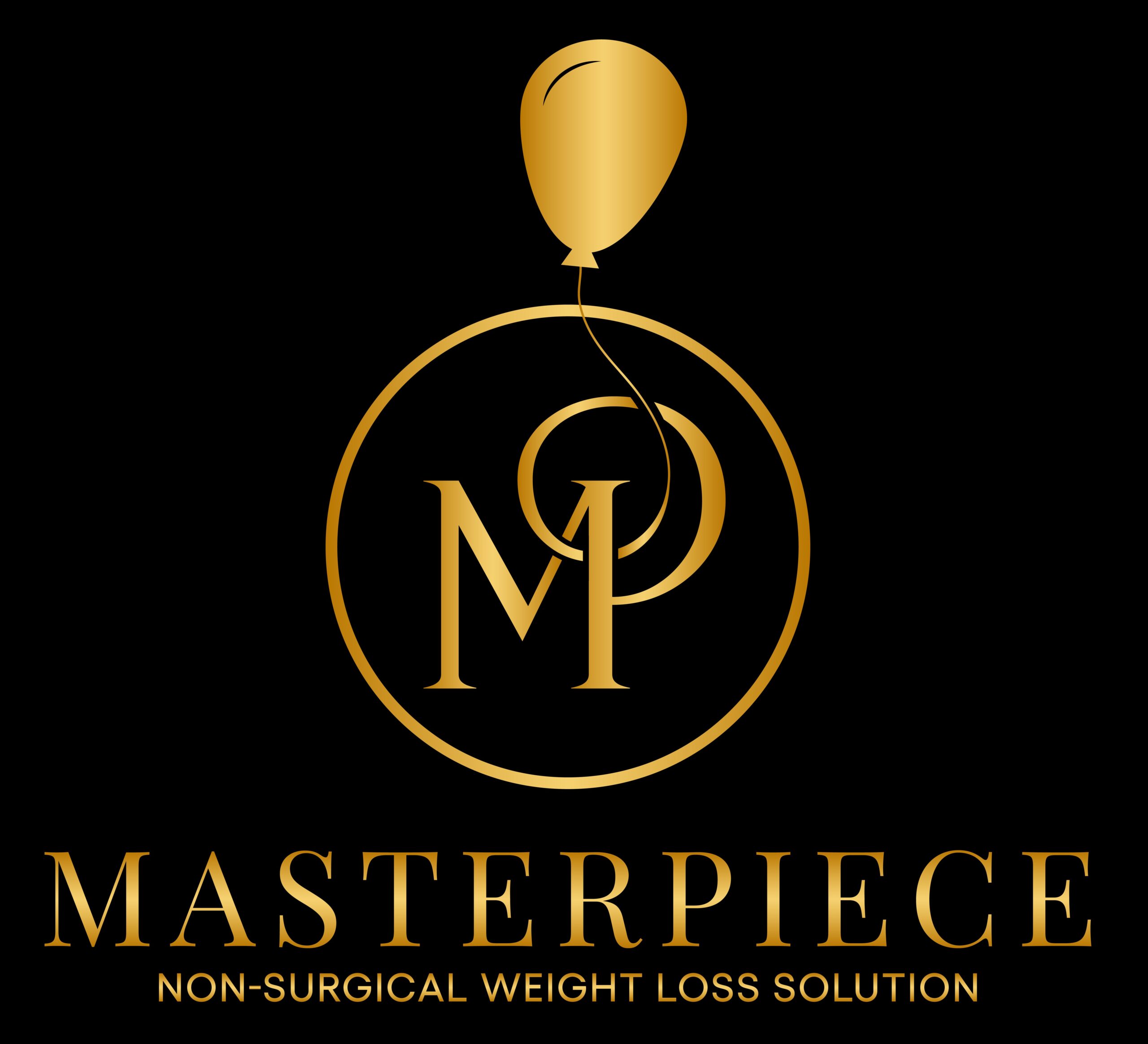Are you looking for a way to lose weight after undergoing bariatric surgery? Gastric balloon without surgery has become quite popular as an alternative option. This post aims at providing concrete information about the gastric balloon, how it works, and what benefits can you expect from following this plan. It also covers frequently asked questions surrounding its safety and effectiveness so that can make an informed decision on whether or not this is the right choice for you. Let’s dive in!
Gastric bypass surgery is a weight loss surgery that helps people who are obese or have severe obesity-related health problems, to lose weight by reducing the size of their stomach and rerouting the small intestine. After the surgery, it is essential to follow a specific gastric bypass diet plan to ensure that the body gets the nutrients it needs to heal and maintain healthy weight loss. In this article, we will discuss the gastric bypass diet and provide tips on how to follow it.
Types of Gastric Bypass
Gastric revision is a type of weight loss without surgery that can be beneficial for those who are having trouble losing weight. There are several types of gastric revisions available, each of which differs in features and approach. For example, one popular gastric revision is gastric sleeve resection, where part of the stomach is resected to reduce its volume and limit a patient’s consumption of food.
On the other hand, another type of gastric revision is Intra-Gastric Balloon (IGB) implantation, which utilizes endoscopy to insert an inflated balloon into the stomach filling up the volume and inducing a feeling of fullness. Gastric revision procedures can be an effective way to promote healthy weight loss if undertaken under the care and supervision of medical professionals.
Gastric Bypass Diet Tips To Remember
It can be difficult to eat healthy following a gastric bypass, but with the right dietary strategies and commitment it is possible. For example, a very important part of the gastric bypass diet is listening to your body in order to find the right balance between protein and carbohydrates. Additionally, always strive for nutrient-dense whole foods that provide ample fiber while avoiding empty calories in processed items and sugar
Phase 1: Clear Liquids Diet
After the gastric bypass weight loss surgery, the first phase of the gastric bypass diet is the clear liquids diet. The purpose of this weight management is to prevent dehydration and to allow the stomach to heal. The gastric bypass diet includes clear liquids such as water, broth, sugar-free gelatin, and sugar-free sports drinks. Carbonated and caffeinated beverages should be avoided.
It is recommended to sip liquids slowly and avoid gulping them down. It is also essential to consume enough fluids to prevent dehydration. It is normal to feel full quickly, but it is essential to consume enough fluids to stay hydrated. The clear liquids diet usually lasts for one to two days, or until the surgeon gives the go-ahead to move to the next phase.
Phase 2: Full Liquids Diet
The second phase of the bypass diet is the full liquids diet. This phase usually begins on the second or third day after surgery and lasts for about two weeks. The diet includes protein shakes, low-fat milk, and sugar-free pudding or custard. It is important to consume enough protein during this phase to help the body heal and to maintain muscle mass.
It is recommended to consume small amounts of liquids throughout the day instead of three large meals. The diet should include at least 60-80 grams of protein per day, and sugar-free fluids should be consumed throughout the day to prevent dehydration.
Phase 3: Pureed Foods Eating Diet
The third phase of gastric bypass is the pureed foods diet. This phase usually begins two to three weeks after surgery and lasts for about two weeks. The diet includes pureed foods such as mashed potatoes, pureed vegetables, and pureed lean meats. It is important to avoid foods that are high in fat, sugar, or fiber during this phase, as they can cause discomfort or dumping syndrome.
Dumping syndrome is a condition that can occur after gastric bypass weight-loss surgery, where food moves too quickly through the stomach and small intestine. This can cause symptoms such as nausea, vomiting, and diarrhea. To prevent dumping syndrome, it is important to eat slowly and chew food thoroughly.
Phase 4: Soft Foods Diet
The fourth phase of the gastric bypass diet is the soft foods diet. This phase usually begins four to six weeks after surgery and lasts for about two to four weeks. This losing weight gastric bypass diet includes soft foods such as scrambled eggs, cooked vegetables, and canned fruits. It is important to avoid foods that are tough, stringy, or hard to digest, such as tough meat or raw vegetables.
It is recommended to consume small meals throughout the day instead of three large meals. It is also important to chew food thoroughly and to take small bites. It is normal to feel full quickly, but it is essential to consume enough protein and nutrients throughout the day.
Phase 5: Solid Foods Diet
The fifth and final phase of the gastric bypass diet without surgery is the solid foods diet. This dietary phase usually begins eight to twelve weeks after surgery and lasts for the rest of the patient’s life. The diet includes solid foods such as lean meats, fish, vegetables, and fruits. It is important to avoid foods that are high in fat, sugar, or calories.
It is recommended to consume small meals daily and to chew food thoroughly. It is also important to avoid drinking liquids while eating solid food, as this can cause discomfort and prevent certain complications along the way. It is best to always watch your calorie intake.
Gastric Bypass Weight Loss Surgery Procedure Expected Results
Gastric bypass weight loss surgery is an increasingly popular option when it comes to overcoming morbid obesity, and huge success rates make the procedure attractive for surgery patients. But what should patients expect from the surgery results? Generally speaking, gastric bypass patients lose between 4 and 6 pounds per week in the initial stages following the procedure.
This rapid weight loss will taper off over time as the patient’s body adjusts to its new size and shape. Weight loss typically continues for a year or two after surgery, resulting in a reduction of up to half of the patient’s original body mass. Along with successful weight loss, gastric bypass patients generally report an improved quality of life, with decreased risk factors for associated medical conditions like diabetes and high blood pressure. The result will surely be beneficial if you follow the right tips.
Looking for the Best Gastric Surgical Solutions For Weight Loss?
If you’re considering a gastric revision as part of your weight loss journey, it’s important to make sure you select the best option for your unique needs. There are several potential options available and deciding between them can be difficult. While research is integral to your decision-making process, gathering information from trusted medical professionals and running it through your own filter of what feels right for you is also an essential piece of the puzzle.
Asking yourself questions like “How much surgery will be involved?” and “Are there risks associated with this particular procedure?” can help in sorting out which type may be the wisest choice for achieving the desired outcome. Ultimately, the right gastric revisions can set you up for long-term success. The good news is that Masterpiece Non-surgical Weight Loss Solutions is all you need if you are looking for expert weight loss. We offer comprehensive weight loss procedures, guides, and the right people to help you from Oberstich, gastric balloon, gastric sleeve, and medical nutrition therapy. Â



